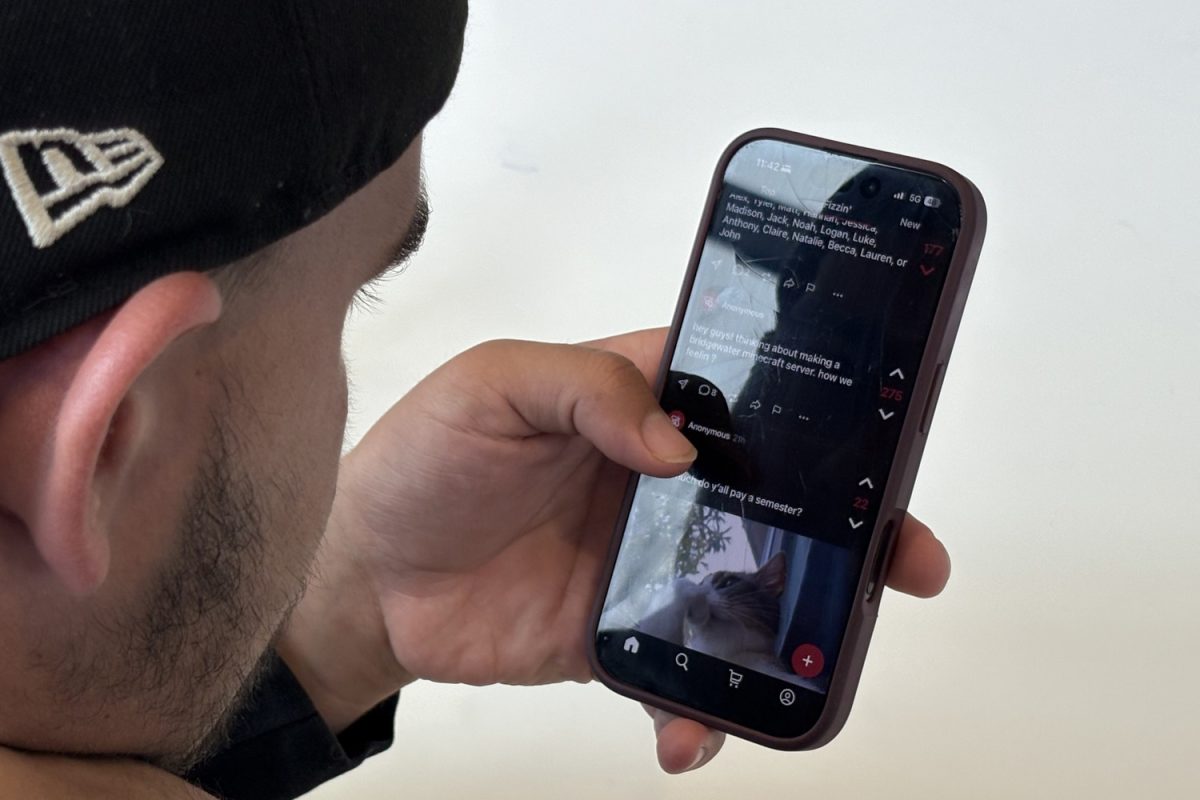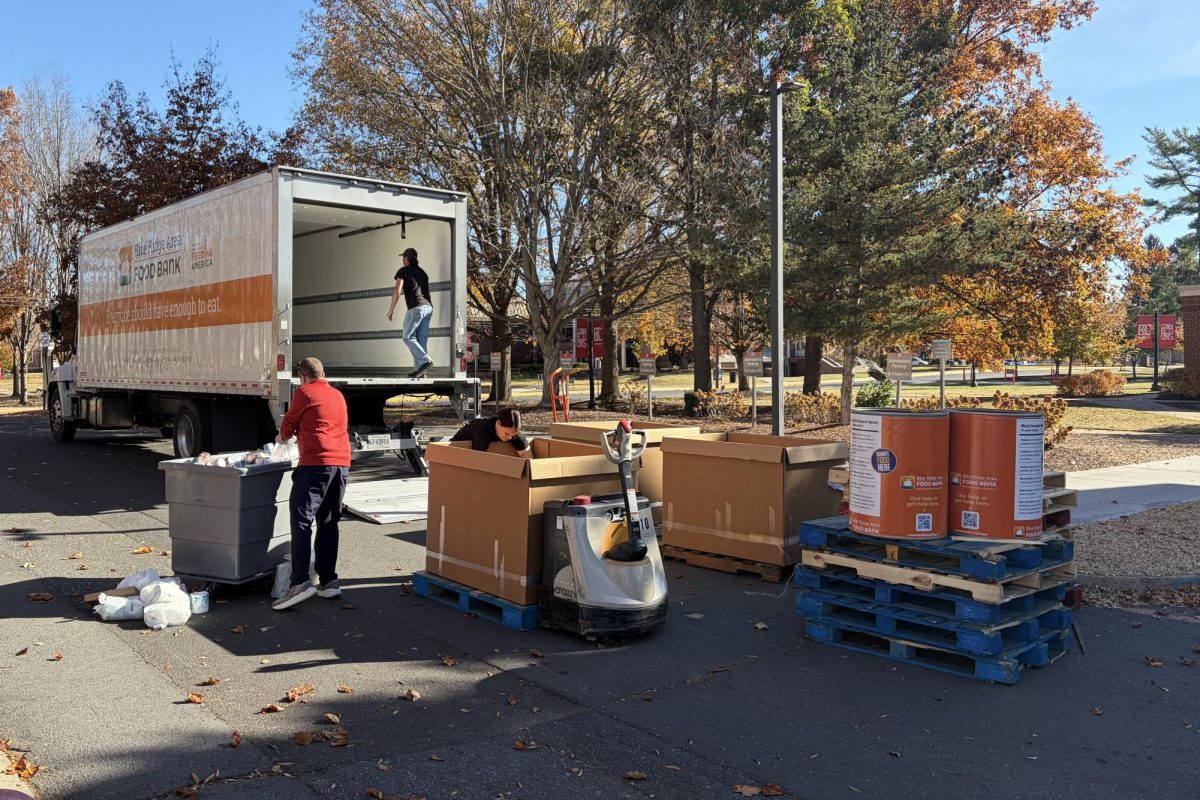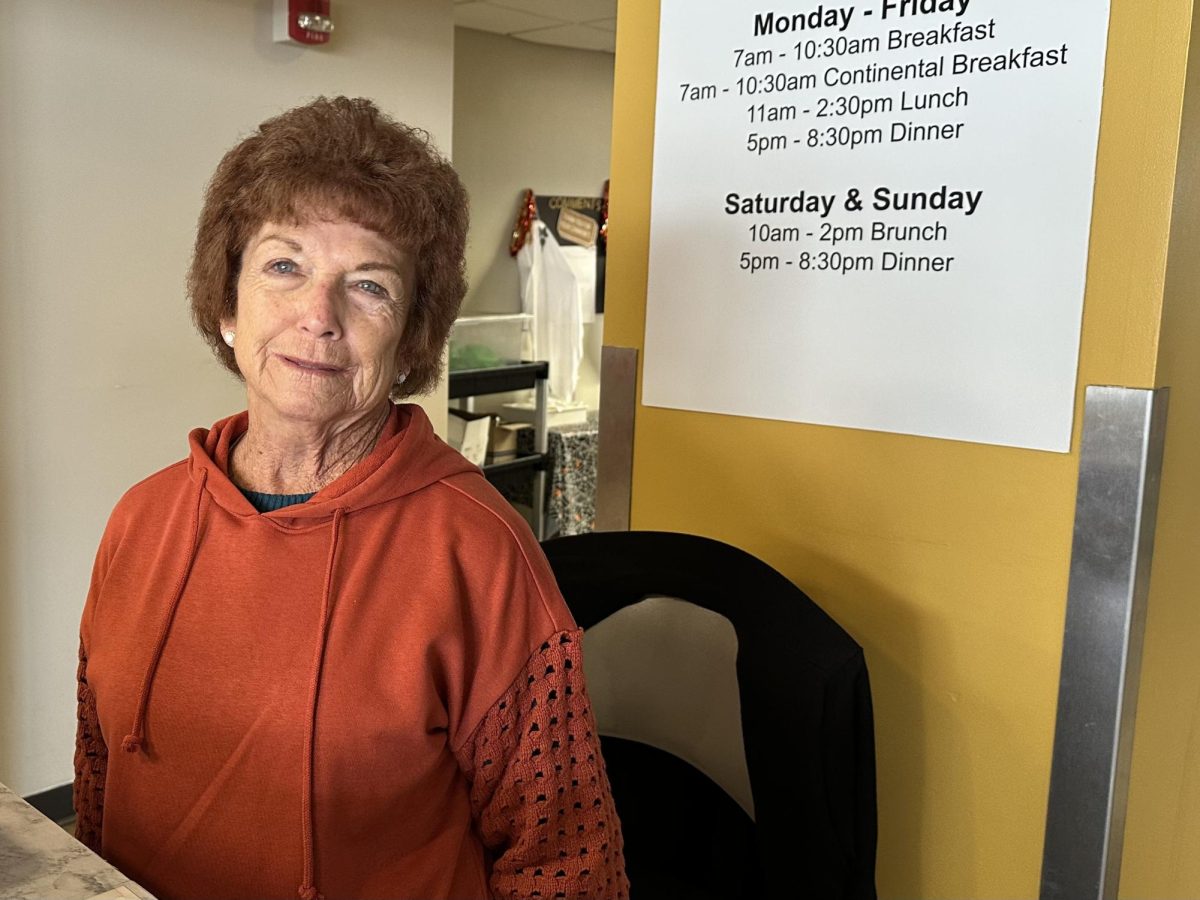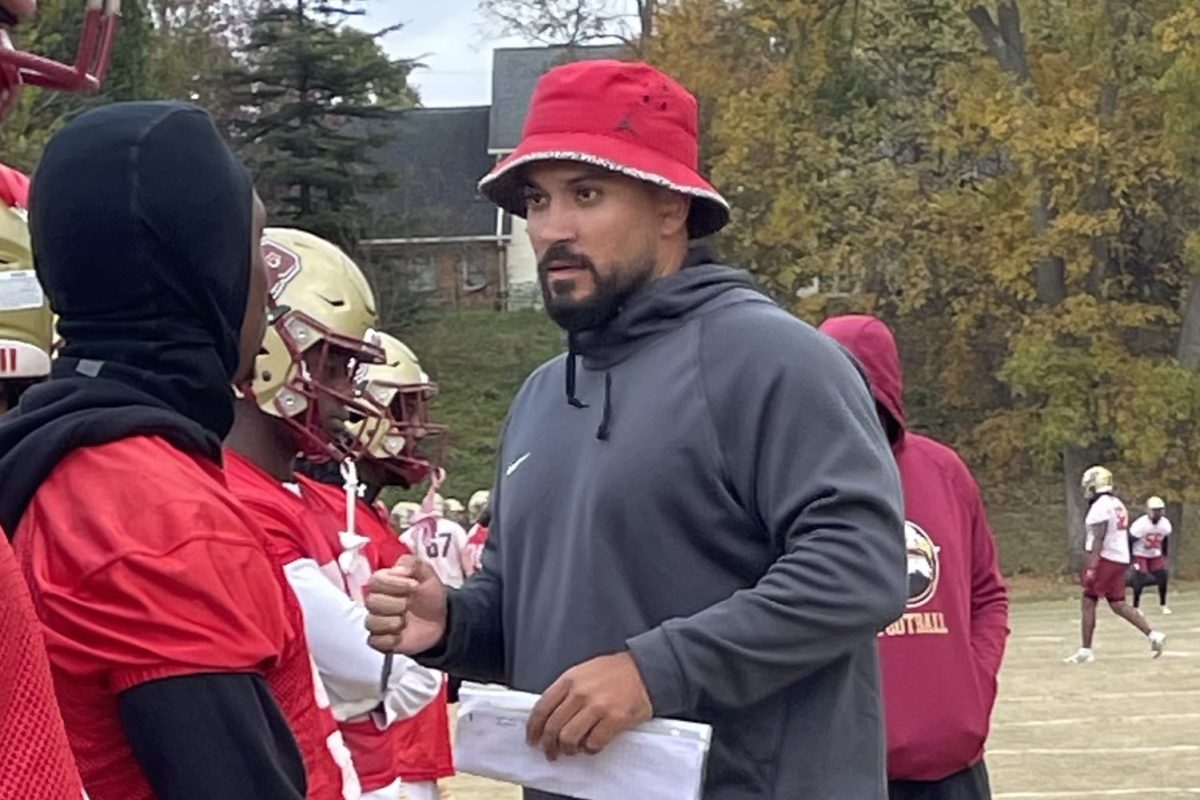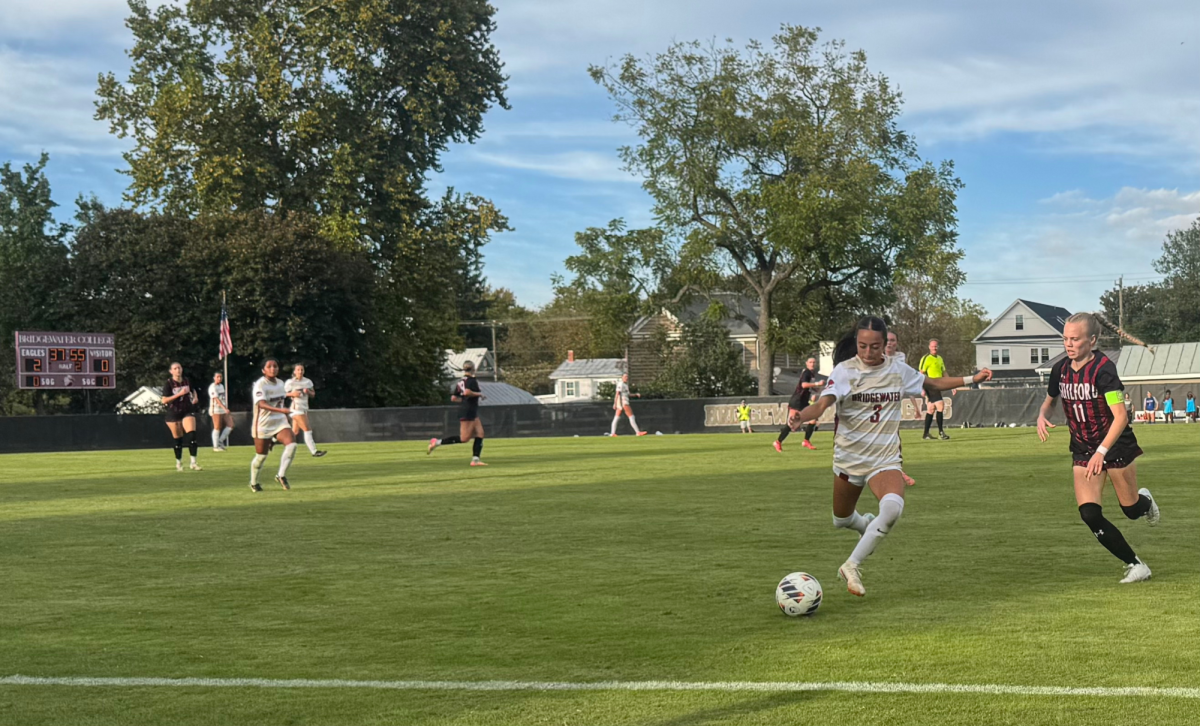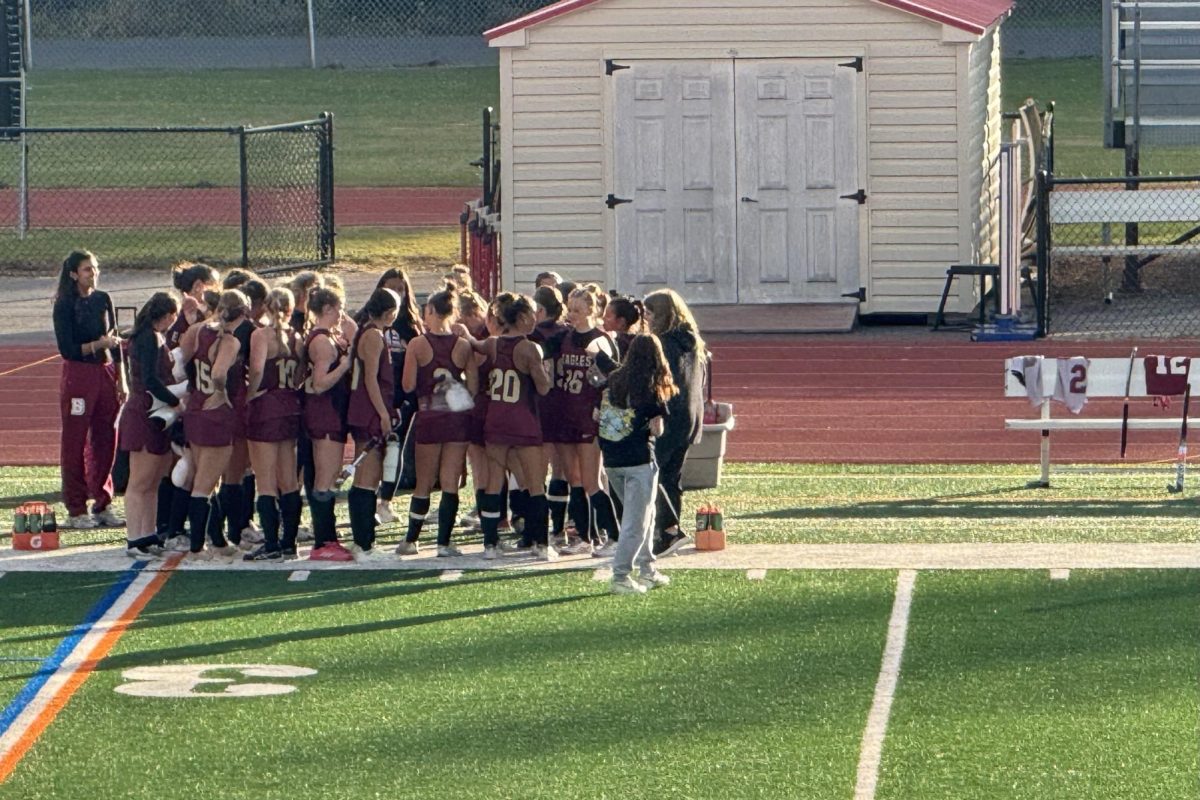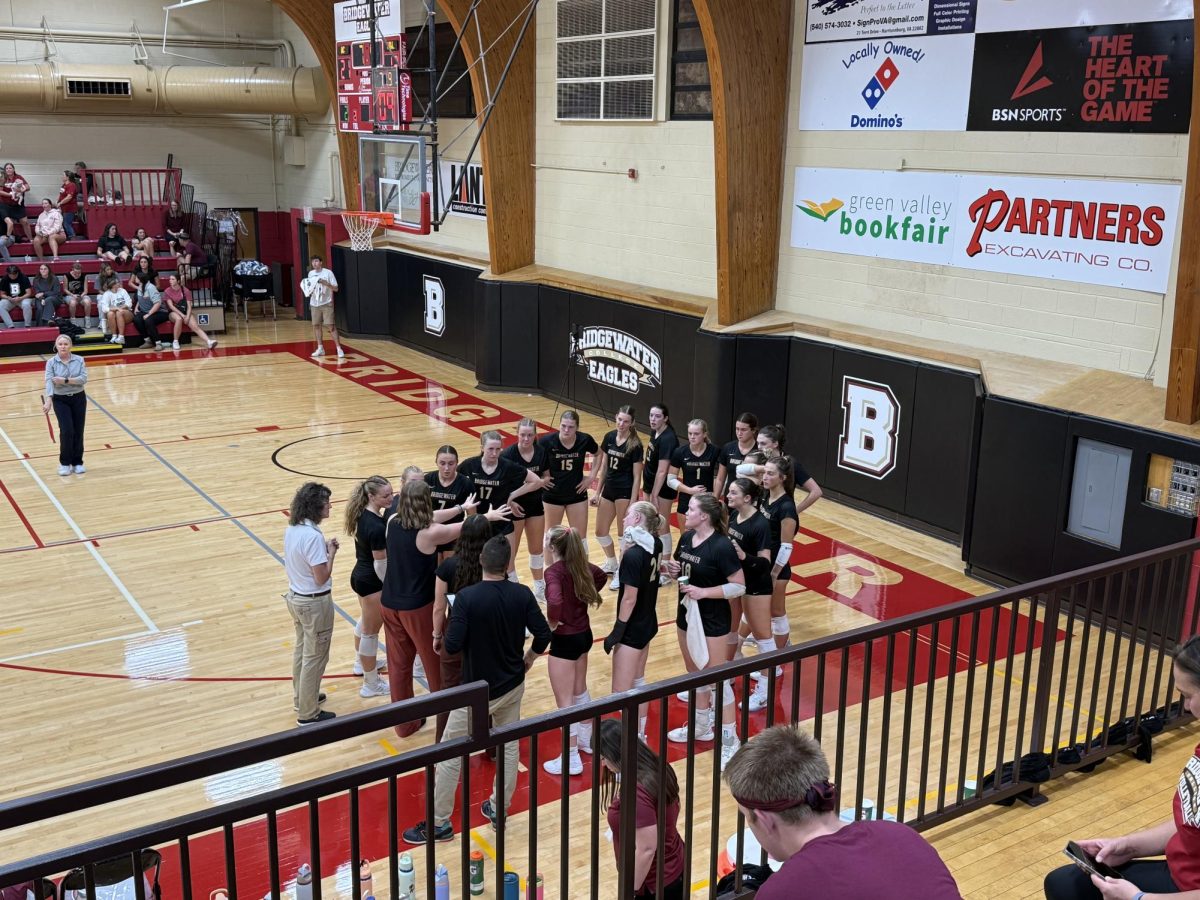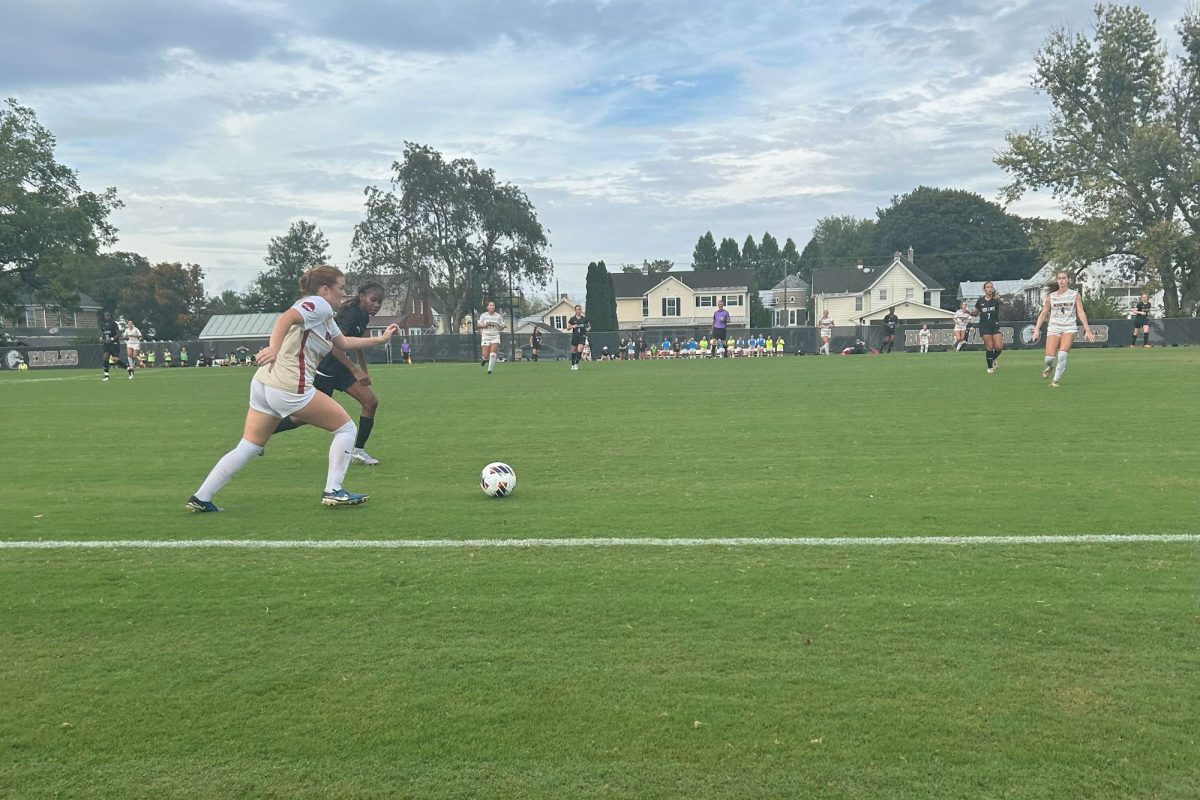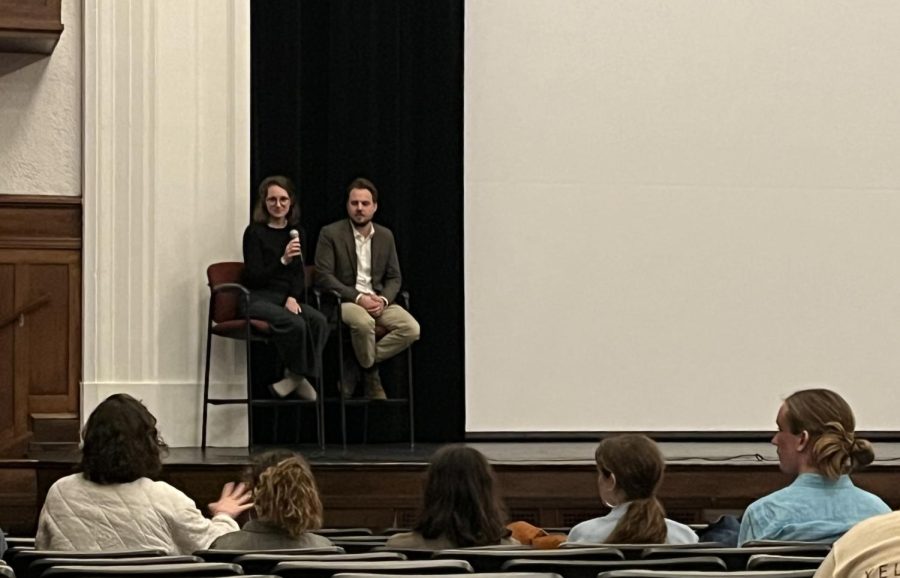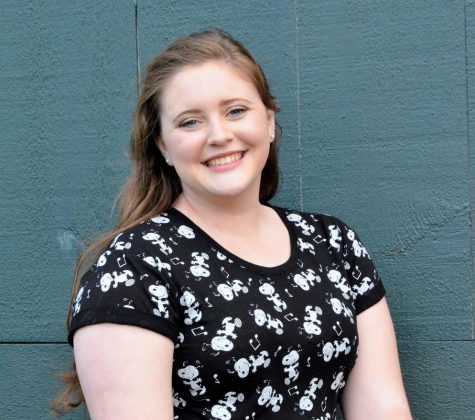Bridgewater College Shows “The Abortion Talks”
“The Abortion Talks” documentary directors Josh Sabey and Sarah Perkins answer student questions after the showing on March 7. The documentary explored the issue of polarization through the lens of abortion and how dialogue is one path to finding common ground.
March 14, 2023
Bridgewater, Va.- The Rhodes School of Arts and Humanities presented a showing of the documentary “The Abortion Talks” on March 7. A 95-minute cut of the longer documentary series was shown.
“The Abortion Talks” was directed by Josh Sabey and Sarah Perkins. Both directors were present at the showing and answered questions after the documentary.
It follows five and a half years of conversations between six women, three pro-choice and three pro-life. The talks began in the aftermath of the shootings and trial of John Salvi in 1994.
The six women were leaders in the community on the issue of abortion. Through their dialogues they were able to achieve an understanding and create friendship, demonstrating common ground can be reached on polarizing issues.
“The idea of applying these sorts of dialogues to a national scale seems kind of out there, but I would be interested in watching the other parts of the documentary to understand if it presents a more national solution,” said senior Beth Gaver, who attended the showing. “ I really enjoyed the interpersonal connections and discussion it had.”
The film’s directors took on the project with the hopes of tackling the issue of polarization in the United States.
“The real motivation behind the movie from the beginning is polarization,” said Sabey, one of the directors. “We have an increasingly polarized country and that can be detrimental.”
The film followed the women’s dialogue process. Part of the dialogue process was learning how to communicate with people with drastically different viewpoints.
“As I hope the documentary demonstrates quite a lot actually, you can change rhetoric, and you can change how people in your organization address each other,” said Perkins, one of the directors.
“There is a lot of hope that you can achieve dialogue that creates difference and that can actually be really powerful,” said Sabey.
The women were chosen and met because of the leadership roles they occupied within their organizations.
“Sometimes I say this film is all about leadership. These were actually all leaders who learned something about leadership and became better leaders,” said Sabey.
The six women that participated in the discussions were representatives of their community and organizations.
This meant they had to be vigilant with keeping the meetings secret to protect themselves from those who did not want them to converse. This left gaps in some of their conversation.
“One thing about the film that I think could have been addressed more is the intersectionality of the issue of abortion in general,” said Gaver. “The women who were a part of this project were six white women, so I feel like it would be interesting to replicate these dialogues but in a more modern context where we have more information and more intersectional understanding of these topics.”
The directors hope to take the film nationwide and continue making it more accessible to viewers. The goal is to demonstrate that that dialogue can be shown to be a “life changing paradigm” according to Sabey.
“Our hope with making this film is that people will realize the really intentional structuring and work and environment that it takes to have a productive dialogue,” said Perkins.

